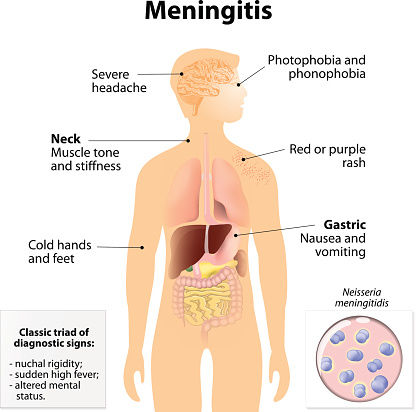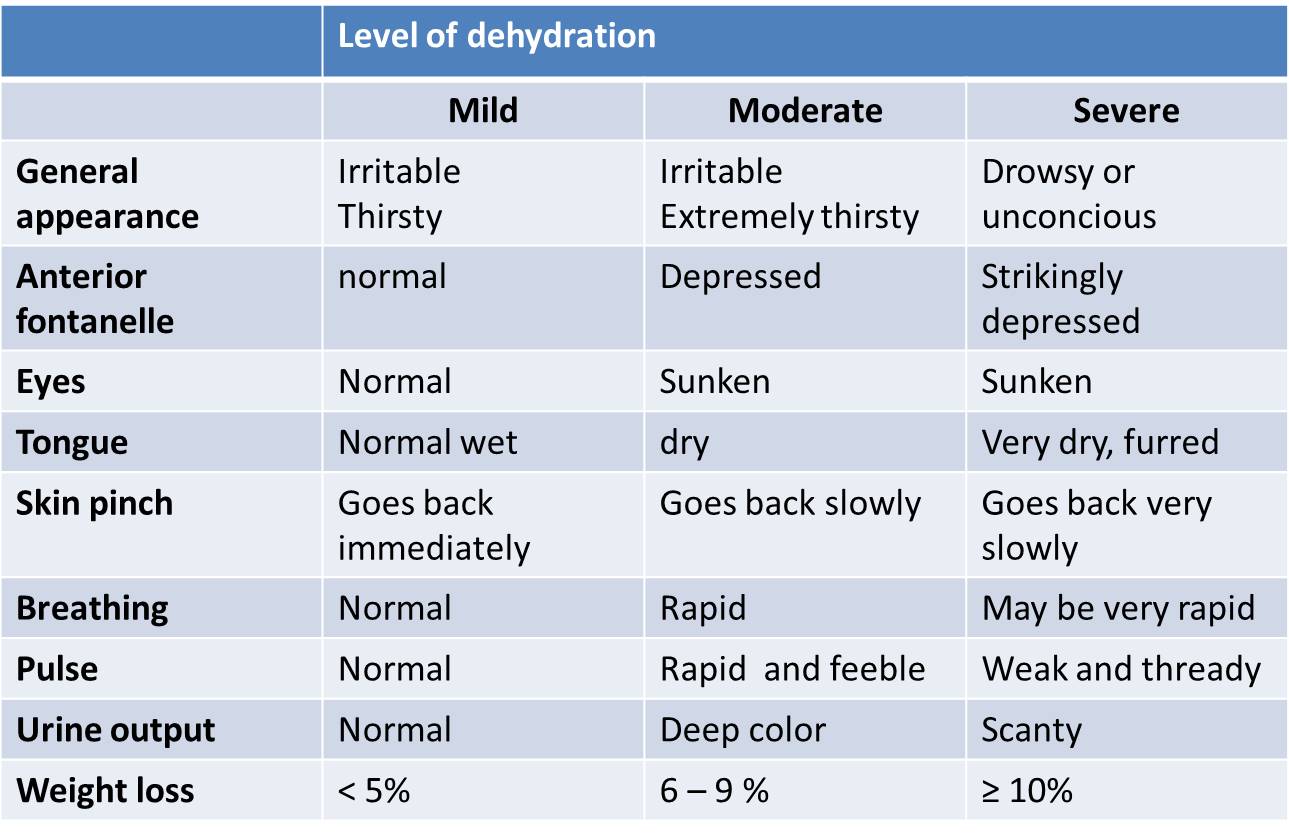A nurse is reinforcing teaching about end-of-life care with the partner of a client. Which of the following statements should the nurse make?
"Encourage your partner to eat three large meals each day."
"We will use an electric blanket to keep your partner warm."
"Opioids will be restricted if your partner develops respiratory distress."
"Assume your partner can hear you, even if they do not respond."
The Correct Answer is D
Choice A Reason:
"Encourage your partner to eat three large meals each day." In end-of-life care, the focus shifts from large meals to providing comfort and meeting the patient's nutritional needs, which might not involve large meals due to potential decreased appetite or difficulty swallowing.
Choice B Reason:
"We will use an electric blanket to keep your partner warm. “While keeping the patient warm is essential, the use of an electric blanket might not always be appropriate due to the risk of burns or changes in sensation that can occur in some conditions.
Choice C Reason:
"Opioids will be restricted if your partner develops respiratory distress. “This statement might not convey the full context of pain and symptom management in end-of-life care. Opioids are often used judiciously to manage distressing symptoms, including pain and respiratory distress, under careful monitoring rather than being strictly restricted.
Choice D Reason:
"Assume your partner can hear you, even if they do not respond." This statement emphasizes the importance of communication and connection with the partner who may be unresponsive. Research suggests that hearing may persist even when a person is unable to respond, so speaking to the person respectfully and with care can provide comfort and support during this time.
Nursing Test Bank
Naxlex Comprehensive Predictor Exams
Related Questions
Correct Answer is C
Explanation
A. "Administer an antipyretic to the child."While managing fever with antipyretics is important, it is not the immediate priority. Ensuring the child's safety and preventing the spread of infection are more urgent.
B. "Dim the lights in the child's room."While dimming the lights can help reduce discomfort and sensitivity in a child with meningitis, it is not the first priority. Implementing precautions and addressing infection control is more critical initially.
C. "Implement droplet precautions for the child."Bacterial meningitis is a communicable disease that can be spread via respiratory droplets. Implementing droplet precautions is crucial to prevent the spread of the infection to others and protect healthcare workers. This action should be taken first to ensure proper infection control.
D. "Prepare the child for a lumbar puncture."A lumbar puncture is an important diagnostic procedure for confirming bacterial meningitis, but it should only be performed after appropriate precautions are in place. Ensuring infection control measures are followed first is essential before proceeding with any diagnostic or treatment procedures.

Correct Answer is B
Explanation
Choice A Reason:
Capillary refill of 1 second is within the normal range and might not specifically indicate moderate dehydration.
Choice B Reason:
Weight loss 7% is correct. In cases of moderate dehydration, a significant weight loss, typically around 6-9% of body weight, can occur due to fluid loss. This weight loss reflects the severity of dehydration in the infant.
Choice CReason:
A respiratory rate of 28/min might be slightly elevated but is not a primary indicator of moderate dehydration. Dehydration primarily affects cardiovascular and fluid balance systems rather than respiratory rate.
Choice DReason:
Bradycardia (a slow heart rate) is not typically associated with moderate dehydration. Dehydration often causes an increase in heart rate (tachycardia) as the body attempts to maintain cardiac output.

Whether you are a student looking to ace your exams or a practicing nurse seeking to enhance your expertise , our nursing education contents will empower you with the confidence and competence to make a difference in the lives of patients and become a respected leader in the healthcare field.
Visit Naxlex, invest in your future and unlock endless possibilities with our unparalleled nursing education contents today
Report Wrong Answer on the Current Question
Do you disagree with the answer? If yes, what is your expected answer? Explain.
Kindly be descriptive with the issue you are facing.
